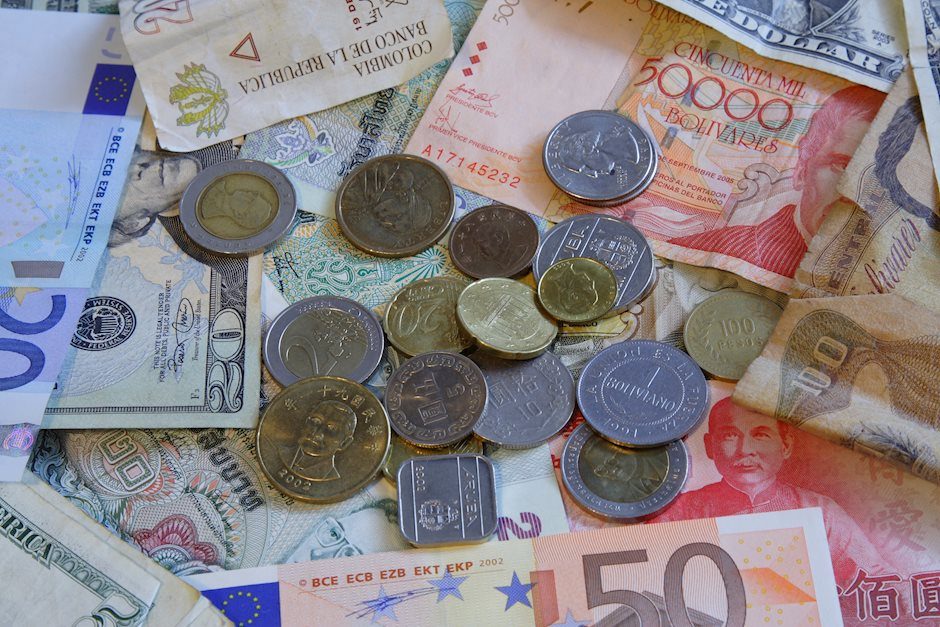COT Report: Short British pound becomes a consensus trade

Looking at this week’s Commitments of Trader’s Report, the biggest changes in speculator positions can be seen in the US dollar index, British pound, Canadian dollar and gold. “Risk on” currencies, such as the euro and the Australian dollar, remain unattractive relative to the US dollar. Even traditional safe haven assets, such as gold and the Swiss franc, are presently no match for the dollar. This week, speculators resumed adding to their long US dollar positions.
Looking at extremes in positioning, short British pound is a new bearish extreme looking at 12-month trailing averages. Net speculator positions in the US dollar, euro and gold continue to look extreme this week. Notably, speculator net positions in gold are now negative, implying that speculators (as a group) are now net short the precious metal. As the US dollar strengthens, the currency is leaving a trail of destruction in its wake.
The purpose of this weekly report is to track how the speculator community is positioned across various major currencies and commodities. When net long positions become crowded in either direction, we flag extended positioning as a risk. Crowded positions do not suggest an imminent reversal, but should be considered as a significant risk factor when investing in the same direction as the crowd. This is shown below:
CFTC COT speculator positions (futures & options combined) – August 7, 2018

Source: CFTC, MarketsNow
Notable extremes, significant changes in weekly positions, and large net positions as a proportion of open interest are highlighted in gray above. Extremes in net positions are highlighted when speculator positioning is more than two standard deviations above trailing 1-year and 3-year averages. Weekly changes are highlighted when they are significant as a proportion of open interest. Finally, net positions as a proportion of outstanding interest are highlighted when they are large relative to historical averages. 1-year and 3-year z-scores are visually represented below:
1-year and 3-year z-scores based on net speculator positions

Source: CFTC, MarketsNow
With a year-to-date return of -5.6% against the US dollar, the British pound is the second weakest major currency this year behind the Australian dollar. The pound remains weighed down by both decelerating inflation, which is keeping rate hike expectations at bay, and fears of a “no deal” Brexit.
Looking at the consumer price index, UK inflation peaked just above 3% late last year. Since that time, inflation has decelerated in rate-of-change terms. The most recent figure for headline inflation for July was 2.4%. As inflation continues to decelerate, expectations for future rate hikes are falling accordingly. This explains why the British pound sold off despite the Bank of England’s latest hike and relatively upbeat forward guidance.
Following Liam Fox’s interview with the Sunday Times, fears of a “no deal” Brexit are also rising. While 80% of economists are forecasting that the two sides will come to an agreement, Fox stated that the odds of a “no deal” Brexit are currently 60%. As traders adjust their expectations for a Brexit deal, the currency is selling off accordingly.
Author

Deb Shaw
MarketsNow
Deb is the Founder and Head of Research of MarketsNow.

















